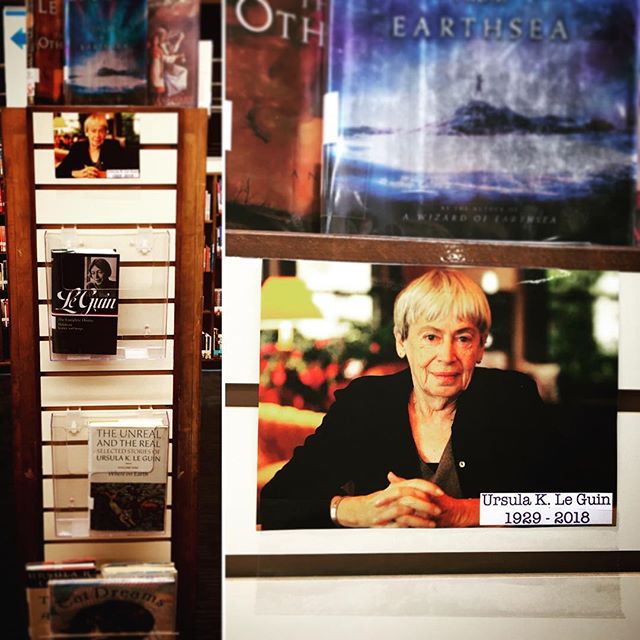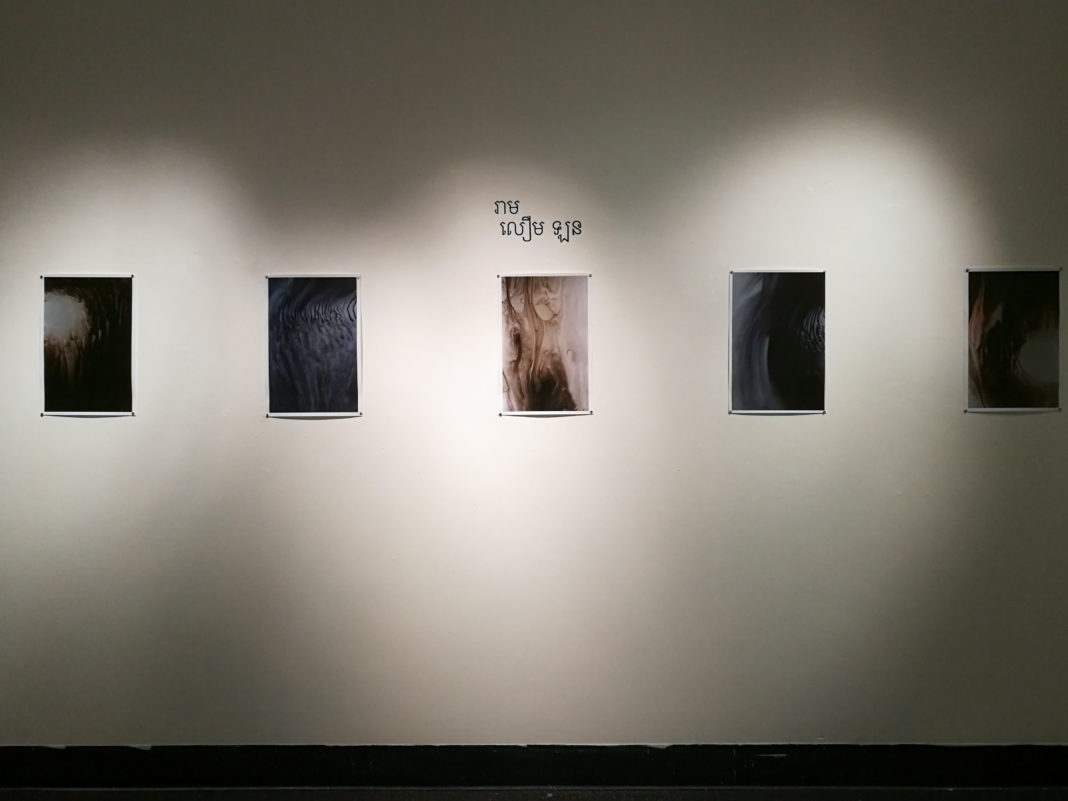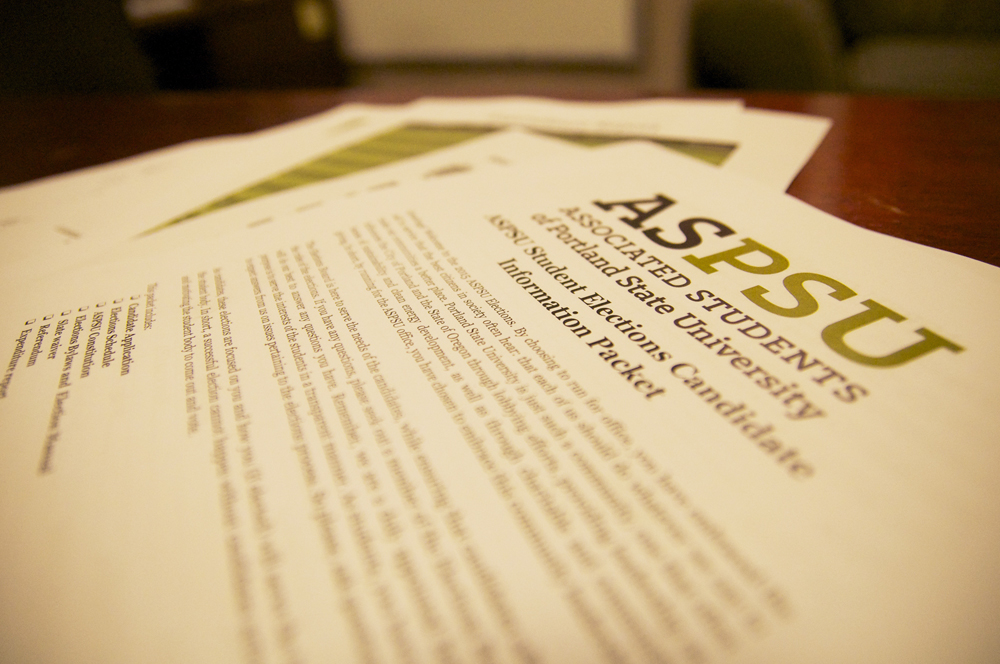It has been four months since the passing of beloved speculative fiction writer Ursula K. Le Guin. The writer is immortalized through the worlds her words built, which stand preserved in the Ursula K. Le Guin Papers, a collection of materials from her life and work. The collection is held in University of Oregon Libraries’ Special Collections & University Archives at Knight Library.
According to Linda Long, UO Libraries’ curator of manuscripts, who has overseen the collection and had a working relationship with Le Guin for over 20 years, Le Guin first began donating materials to Special Collections in 1980. Long first arrived to work in SCUA in the late 1990s, and the collection was first processed in the early 2000s. Le Guin continued to deposit materials to the collection over the years.
The collection now features Le Guin’s original first-draft manuscripts, family photographs dating back to her early childhood, audiotapes, interviews, professional correspondence in the form of letters and emails, literary awards and original artworks, including the author’s hand-drawn maps. “All the things you would expect to find from a very successful author,” Long said.
The papers attract researchers from all over the world. SCUA sponsors the Le Guin Feminist Science Fiction Fellowship, an award of $2,000 that helps bring researchers to Eugene. “Even if an applicant doesn’t win, I’ve noticed many find a way to come,” Long said. “Many researchers are interested in topics of gender and sexuality as it might relate to writing and literature.” The Ursula K. Le Guin Papers collection is one of several feminist science fiction collections held by SCUA.
The people of SCUA are working toward making the papers easily accessible to the public in the near future. “We hope to have an online finding aid up on our shared regional database that we use to post finding aids to manuscript, archival and photograph collections at the end of next fall term,” Long said. “The finding aid will be accessible to the public and will be findable through a simple search such as ‘Ursula Le Guin Papers’ in Google or other search engines.”
Preserving and sharing these materials helps preserve Le Guin’s legacy as a major figure in the literary and cultural history of Oregon and beyond. “She was a staunch advocate for fellow women writers, a champion of social and environmental justice and a leading light for all readers who love imaginative literature,” said Adriene Lim, dean of libraries. “We in the UO Libraries find some comfort in knowing that we will honor one of her heartfelt wishes by preserving her extraordinary legacy and keeping it accessible to scholars and fans for posterity.”
Long will be participating in a panel discussion of Le Guin’s work on at 6:30 p.m. Thursday, June 7 at The Little Church. The discussion is presented by the Portland State Creative Writing program and Portland-based literary magazine Tin House, and will include Le Guin’s son Theo Downes-Le Guin and author Molly Gloss. The event is free and open to the public.
At 7:30 p.m. Wednesday, June 13, local nonprofit Literary Arts will hold their Tribute to Ursula Le Guin at Arlene Schnitzer Concert Hall. The event will feature photos and rare documentary footage of Le Guin and tributes from her fellow writers and friends including Margaret Atwood, Molly Gloss and Walidah Imarisha. The sold-out tribute will be streamed live on YouTube and later rebroadcast on Literary Arts’ The Archive Project via Oregon Public Broadcasting Radio.





